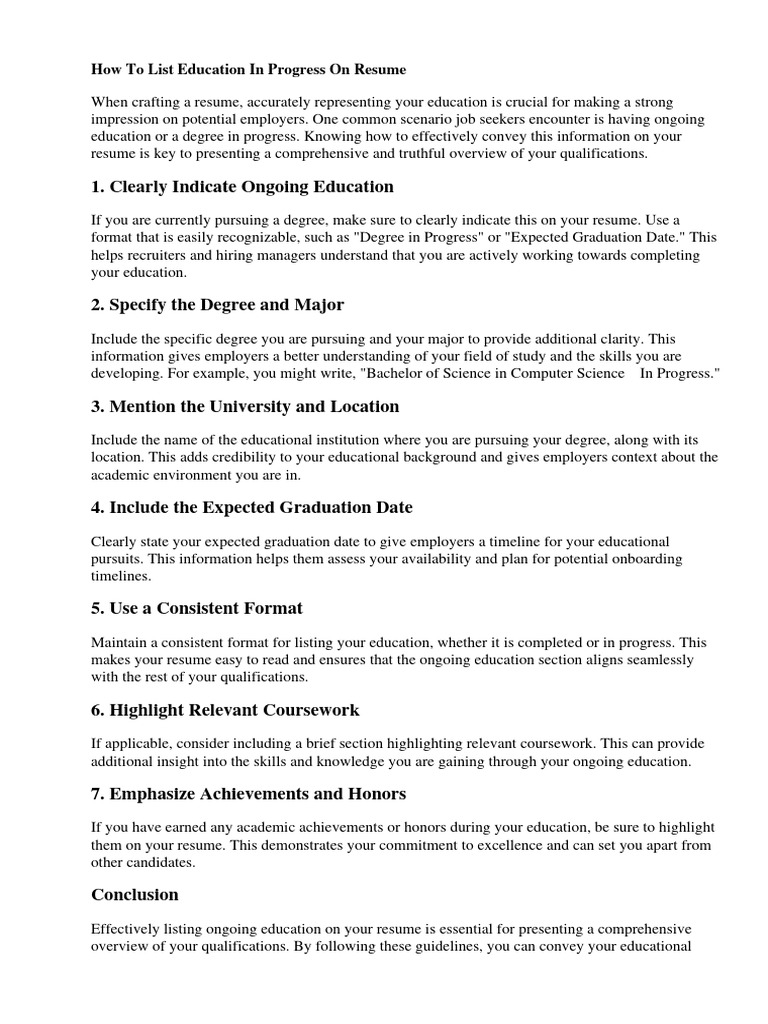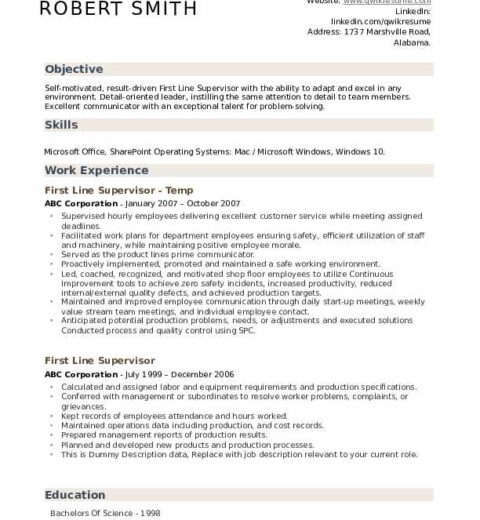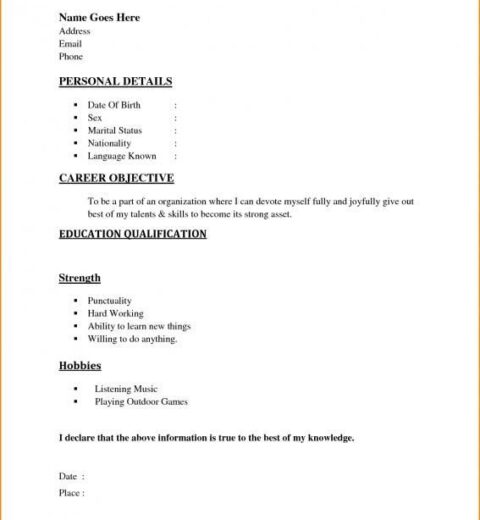When crafting a resume, a candidate’s education section merits meticulous attention. It not only conveys formal qualifications but also reflects an individual’s dedication to personal growth and intellectual curiosity. Understanding how to effectively articulate educational accomplishments can distinguish an applicant in a competitive job market. This discourse elucidates the principles of listing education on a resume, enriched with illustrative examples that encapsulate best practices.
First and foremost, consideration should be given to the structure of the education section. A conventional format typically includes the name of the institution, degree obtained, field of study, and graduation date. However, this basic structure can be supple, allowing for modification based on unique circumstances.
### Basic Format
The quintessential format for presenting educational credentials can be encapsulated as:
- Institution Name, Location
- Degree Earned
- Field of Study
- Graduation Date or Expected Graduation Date
For instance:
University of California, Los Angeles (UCLA), Los Angeles, CA
Bachelor of Arts in History
Graduated: June 2023
This format concisely conveys important information while retaining clarity. Yet, the interplay of brevity and depth in listing educational experiences must be balanced artfully.
### Listing Multiple Degrees
Individuals with more than one degree can exhibit this information chronologically or in reverse chronological order, prioritizing the highest qualification. The following layout elucidates this method effectively:
Harvard University, Cambridge, MA
Master of Business Administration (MBA)
Graduated: May 2025
University of Florida, Gainesville, FL
Bachelor of Science in Marketing
Graduated: May 2022
Such a format accentuates educational advancement and underscores ongoing professional growth.
### Listing In-Progress Education
In the contemporary professional landscape, many candidates pursue ongoing education. Accurately reflecting this in a resume is crucial. The following example illustrates how to convey education in progress effectively:
Columbia University, New York, NY
Master of Science in Information Technology
Expected Graduation: December 2024
This method provides clarity regarding ongoing efforts toward skill development while simultaneously preparing potential employers to understand the breadth of knowledge being pursued.
### Utilizing Relevant Coursework
In instances where an individual’s educational background may not directly correlate to the position sought, listing relevant coursework can serve as an advantageous strategy. Highlighting specific courses that align with job requirements facilitates a narrative that showcases applicability:
University of Michigan, Ann Arbor, MI
Bachelor of Science in Computer Science
- Data Structures
- Algorithms
- Web Development
- Software Engineering Principles
By emphasizing pertinent coursework, candidates can reinforce their qualifications, particularly if they are recent graduates lacking extensive professional experience in the field.
### Certifications and Continuing Education
In addition to degrees, modern resumes often benefit from the inclusion of certifications and professional development courses. Such credentials signify a proactive approach to lifelong learning and professional enhancement. For example:
Certified Project Management Professional (PMP)
Certification Body: Project Management Institute (PMI)
Obtained: April 2023
Incorporating certifications can be highly advantageous, particularly in fields that prioritize credentials.
### Special Considerations for International Education
For applicants who have completed their education outside the United States, it is vital to articulate this effectively. Including the institution’s name and location, along with a brief explanation of the credential equivalence, can be beneficial:
University of Toronto, Toronto, ON, Canada
Bachelor of Arts in Psychology
Equivalent to: U.S. Bachelor’s Degree
Graduated: May 2022
This approach mitigates potential confusion regarding educational qualifications, facilitating a clearer path for evaluation.
### Final Thoughts
In conclude, the education section of a resume embodies more than a list of academic achievements; it encapsulates an individual’s journey of learning and growth. By employing precise structuring, emphasizing relevant coursework, and providing insight into ongoing educational pursuits, candidates can craft a compelling narrative that positions them favorably within the competitive job market. Careful articulation of educational accomplishments not only demonstrates the candidate’s qualifications but also conveys an earnest commitment to continuous self-improvement, a quality highly admired by potential employers.




